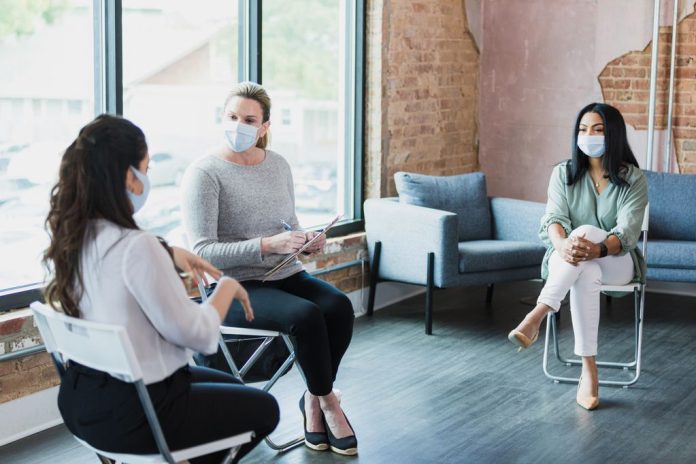Many cancer survivors face physical and mental challenges arising from their condition and treatment decades after the onset of their illness, says a new study. The findings were announced by Wiley, and were published in Cancer, the peer-reviewed journal of the American Cancer Society.
The number of cancer survivors in the U.S. is expected to hit 19 million by the year 2024 because many survivors are living for many years after cancer treatment and are doing well. Five years after the onset of cancer, however, some survivors experience continuing problems and challenges that vary according to the type of cancer and the treatment they received.
Researchers analyzed the responses of 1,514 cancer survivors to an open-ended question on the American Cancer Society survey to identify the unmet needs of survivors. The question was: “Please tell us about any needs you have now as a cancer survivor that are not being met to your satisfaction.”
“This study was unique in that it gave a very large sample of cancer survivors a real voice to express their needs and concerns,” said Dr. Burg Mary Ann Burg, PhD, LCSW, of the University of Central Florida in Orlando. Respondents mentioned physical issues most often, and 38 percent said that these challenges were problems. Prostrate cancer survivors, for example, mentioned problems with incontinence and sexuality.
Financial problems that continued long after treatment affected 20 percent of the respondents. Hispanic and black survivors were especially hard-hit with money troubles. Many survivors expressed anxiety that the cancer would re-occur no matter what their type of cancer they had or how many years they were in recovery. Researchers did not find an association between the number of years since cancer treatment and the types of unmet needs.
“Overall, we found that cancer survivors are often caught off guard by the lingering problems they experience after cancer treatments,” said Dr. Burg. “In the wake of cancer, many survivors feel they have lost a sense of personal control, have reduced quality of life, and are frustrated that these problems are not sufficiently addressed within the medical care system,”
She added that improvements need to be made in various areas by:
Increasing public awareness about the physical and mental issues faced by cancer survivors
Clinicians talking honestly and professionally about the side effects of cancer treatments
Medical care resources being coordinated to help survivors and their families to cope with continuing physical and mental health issues
Researchers say the findings could help cancer experts and clinicians to find solutions to the unmet needs of cancer survivors. Medical professionals can develop interventions that address the concerns of survivors and the specific issues they face.








